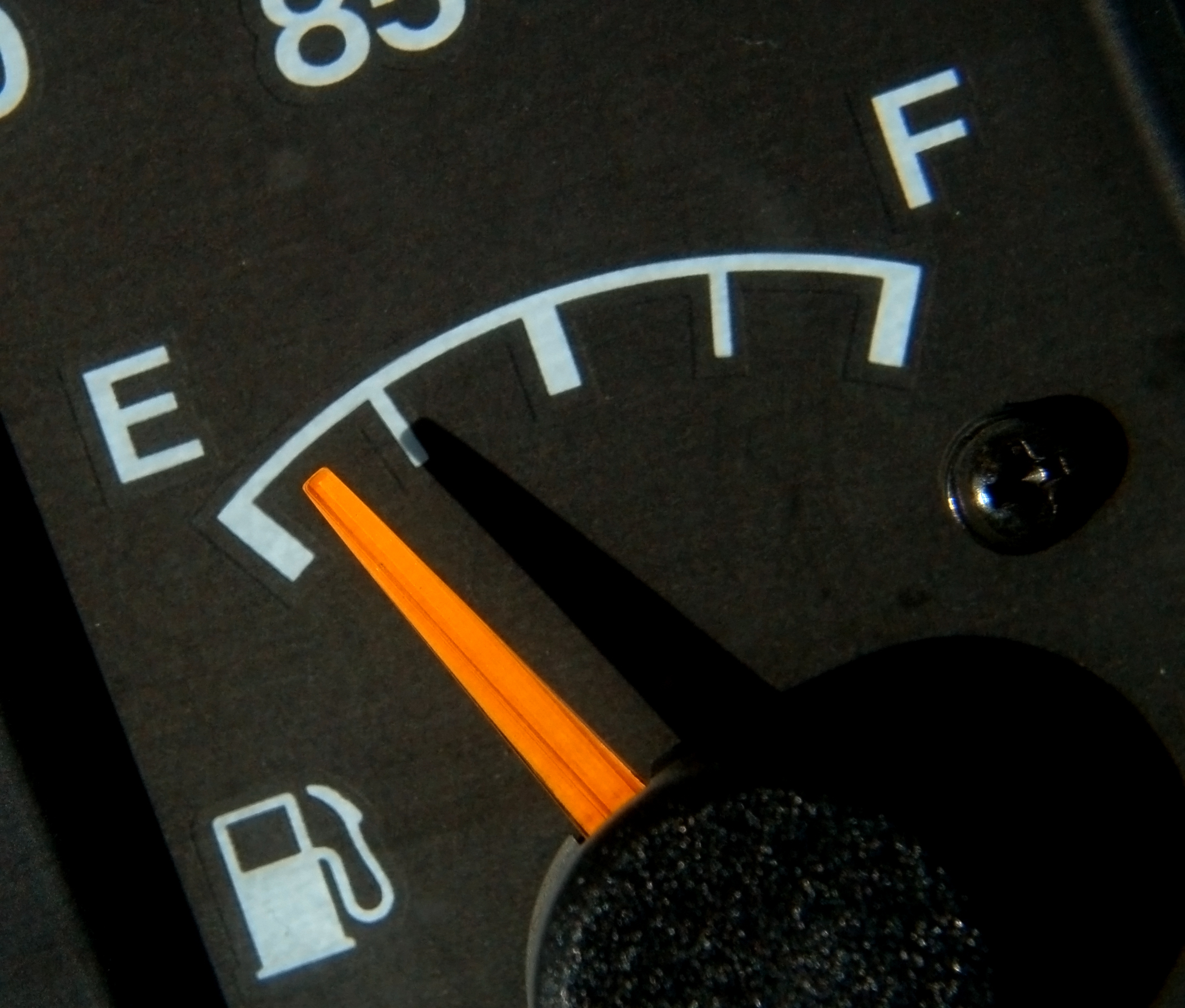Improve your Gas Mileage

Check & Replace Air Filters Regularly
Replacing a clogged air filter can improve your car’s gas mileage by as much as 10 percent. Your car’s air filter keeps impurities from damaging the inside of your engine. Not only will replacing a dirty air filter save gas, it will protect your engine.
Keep Tires Properly Inflated
You can improve your gas mileage by around 3.3 percent by keeping your tires inflated to the proper pressure. Under-inflated tires can lower gas mileage by 0.4 percent for every 1 psi drop in pressure of all four tires. Properly inflated tires are safer and last longer.
Remove Excess Weight
Avoid keeping unnecessary items in your vehicle, especially heavy ones. An extra 100 pounds in your vehicle could reduce your MPG by up to 2%. If you are not using the cross bars on your roof or your ski rack, take them off.
Repairs & Maintenance:
Fixing a car that is noticeably out of tune can improve its gas mileage by an average of 4 percent. Fixing a serious maintenance problem, such as a faulty oxygen sensor, can improve your mileage by as much as 40%
Avoid Excessive Idling
Idling gets 0 miles per gallon. Cars with larger engines typically waste more gas at idle than do cars with smaller engines.
Use the Recommended Grade of Motor Oil
You can improve your gas mileage by 1-2 percent by using the manufacturer’s recommended grade of motor oil. For example, using 10W-30 motor oil in an engine designed to use 5W-30 can lower your gas mileage by 1-2 percent. Using 5W-30 in an engine designed for 5W-20 can lower your gas mileage by 1-1.5 percent. Also, look for motor oil that says “Energy Conserving” on the API performance symbol to be sure it contains friction-reducing additives.
Buy gasoline during coolest time of day – early morning or late evening is best. During these times gasoline is densest. Keep in mind – gas pumps measure volumes of gasoline, not densities of fuel concentration. You are charged according to “volume of measurement”
